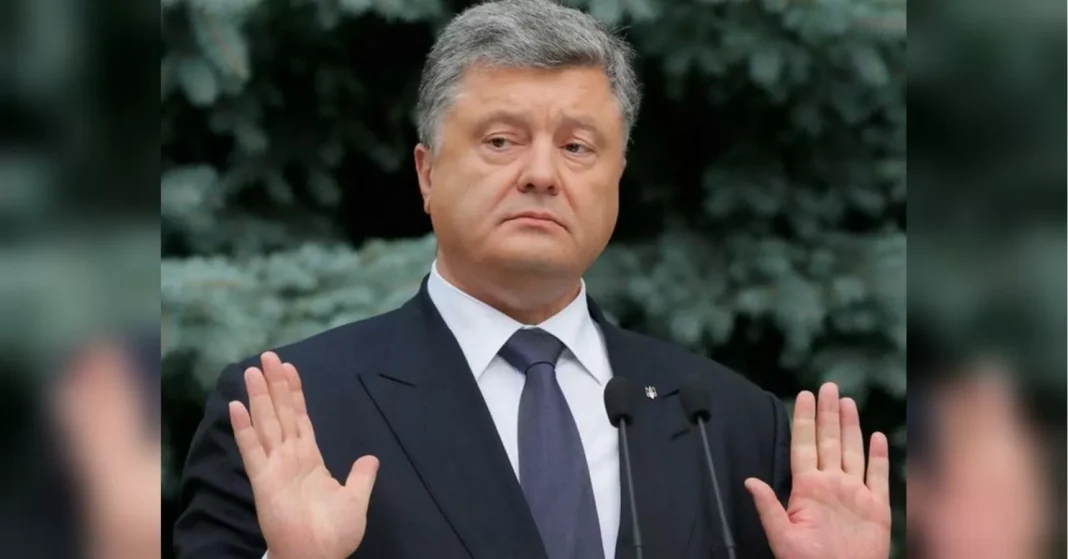According to political analyst Petro Oleshchuk, the ratification of the Rome Statute of the International Criminal Court (ICC) will help Ukraine more effectively hold Russia accountable for war crimes. This move has the potential to bring justice to the victims of the ongoing conflict in Eastern Ukraine and send a strong message to the international community about the importance of upholding international law.
The Rome Statute, which was adopted in 1998 and entered into force in 2002, is a treaty that established the ICC as a permanent international criminal court to prosecute individuals for genocide, war crimes, crimes against humanity, and aggression. While Ukraine signed the Rome Statute in 2000, it was not until recently that the country took concrete steps towards ratification. On January 27, 2020, Ukrainian President Volodymyr Zelensky signed a law on the ratification of the Rome Statute, making Ukraine the 123rd state party to the treaty.
The decision to ratify the Rome Statute was met with praise from the international community, with many seeing it as a significant step towards justice for the victims of the ongoing conflict in Eastern Ukraine. In a statement, the ICC welcomed Ukraine’s ratification and expressed hope that it would «contribute to ending impunity and promoting accountability for the most serious crimes of concern to the international community.»
Petro Oleshchuk, a leading political analyst and expert on international law, believes that the ratification of the Rome Statute will also have a significant impact on Ukraine’s efforts to hold Russia accountable for its actions in the ongoing conflict. He argues that the ICC’s jurisdiction over war crimes and crimes against humanity committed in Ukraine will help «bridge the gap» between Ukraine’s limited legal capabilities and Russia’s powerful military and political influence.
Oleshchuk explains that the ICC’s jurisdiction will allow Ukraine to bring charges against individuals responsible for war crimes, regardless of their nationality or affiliation. This is especially crucial in the context of the ongoing conflict in Eastern Ukraine, where Russian military and political support for separatist forces has complicated efforts to hold perpetrators accountable. With the ratification of the Rome Statute, Ukraine will now have a more effective legal tool to pursue justice and hold those responsible for war crimes accountable.
Moreover, Oleshchuk argues that the ICC’s jurisdiction will also have a deterrent effect on Russia’s actions in Ukraine. He believes that the threat of potential prosecution by the ICC will make Russia think twice before committing further war crimes or supporting separatist forces in Ukraine. This, in turn, could help de-escalate the conflict and bring it closer to a peaceful resolution.
The ratification of the Rome Statute is also significant for Ukraine’s long-term goals of European integration and strengthening its rule of law. By aligning itself with international norms and standards, Ukraine is sending a clear message to the international community that it is committed to upholding human rights and the rule of law. This is crucial for Ukraine’s image and credibility as a responsible member of the international community.
In addition, the ratification of the Rome Statute will also have a positive impact on Ukraine’s domestic legal system. Oleshchuk believes that it will encourage the country to further strengthen its legal framework and ensure that it is in line with international standards. This, in turn, will help improve the overall effectiveness and fairness of the Ukrainian justice system.
Despite the positive implications of the ratification of the Rome Statute, Oleshchuk acknowledges that there are still challenges ahead. He points out that the ICC’s jurisdiction is limited to crimes committed after Ukraine became a state party to the Rome Statute, which means that it will not cover all the war crimes and atrocities committed since the beginning of the conflict in 2014. Additionally, Russia has consistently refused to recognize the ICC’s jurisdiction and is unlikely to cooperate with any potential investigations or prosecutions.
However, Oleshchuk remains optimistic and believes that the ratification of the Rome Statute is a crucial step towards justice for the victims of the ongoing conflict in Eastern Ukraine. He also hopes that it will serve as a wake-up call for the international community to take a stronger stance against Russia’s actions in Ukraine and support Ukraine in its efforts to hold perpetrators accountable.
In conclusion, the ratification of the Rome Statute of the International Criminal Court by Ukraine is a significant development that has the potential to bring justice to the victims of the ongoing conflict in Eastern Ukraine. It is a strong

